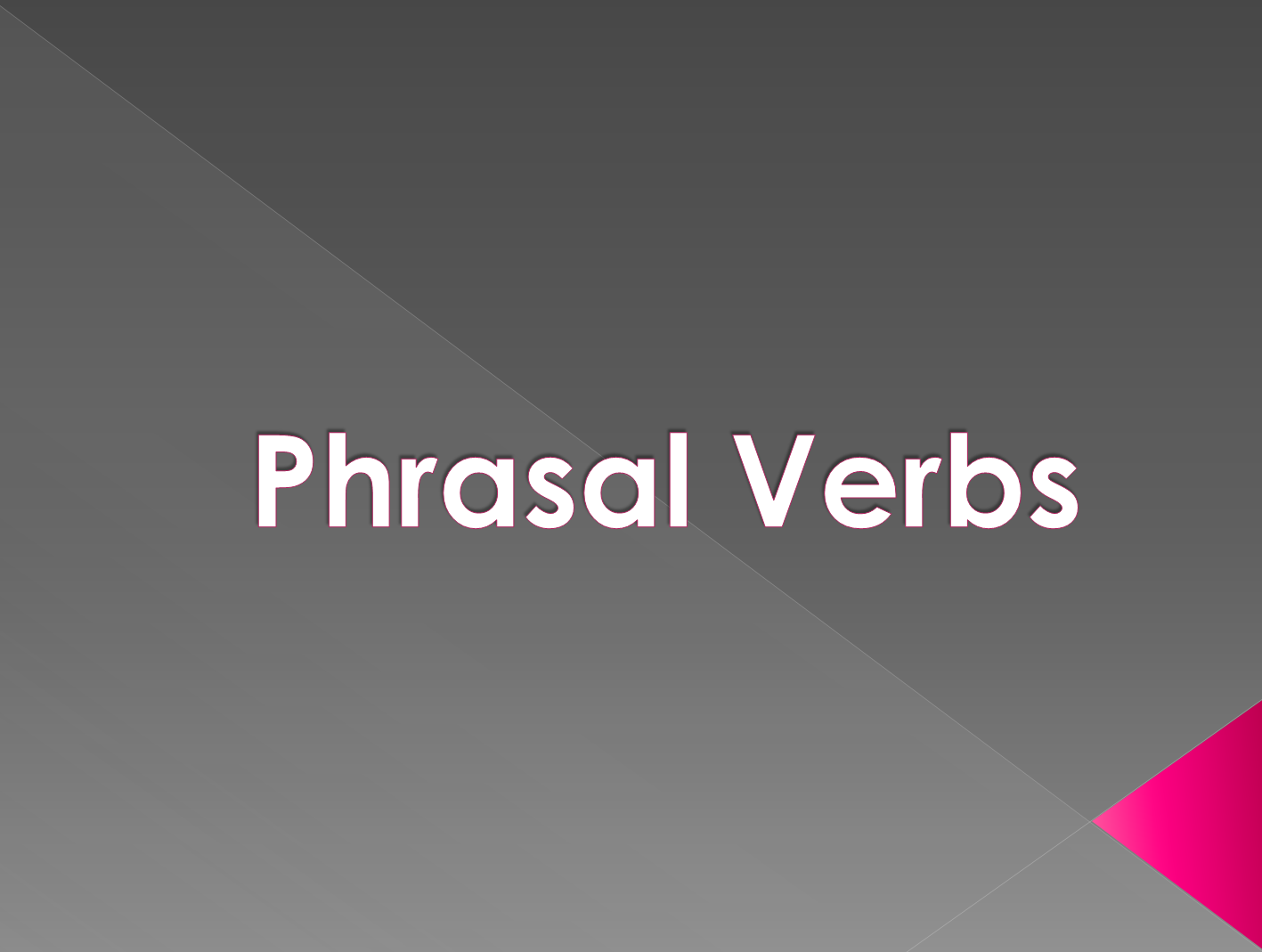
Language is a versatile tool that adapts to various social and professional contexts. Within the vast realm of English vocabulary, we often encounter pairs of words with similar meanings but differing levels of formality.
This article aims to shed light on the distinction between formal and informal words, offering alternatives that can enhance your communication based on the appropriate setting.
Formal Words:
1. Acquire (Formal) – Buy (Informal)
Utilizing “acquire” in a formal setting portrays a sense of professionalism and sophistication.
Formal Example: “The corporation plans to acquire several new assets.”
2. Obtain (Formal) – Get (Informal)
“Obtain” is commonly used in formal contexts to signify the acquisition of something.
Formal Example: “The research team aims to obtain accurate data.”
3. Vend (Formal) – Sell (Informal)
In formal situations, opting for “vend” demonstrates a level of business proficiency.
Formal Example: “The company will vend its products at the exhibition.”
4. Utilize (Formal) – Use (Informal)
Employing “utilize” in formal writing adds a touch of sophistication.
Formal Example: “It is essential to utilize resources efficiently.”
5. Commence (Formal) – Start (Informal)
Using “commence” in a formal context implies a structured beginning or initiation.
Formal Example: “We will commence the project on Monday.”
6. Conclude (Formal) – Finish (Informal)
“Conclude” is a formal way to express the end or completion of a task or activity.
Formal Example: “The meeting will conclude at 4 PM.”
7. Inquire (Formal) – Ask (Informal)
When seeking information formally, it’s appropriate to use “inquire.”
Formal Example: “I would like to inquire about the job vacancy.”
8. Communicate (Formal) – Talk (Informal)
Employing “communicate” in a formal setting signifies a more deliberate exchange of information.
Formal Example: “We need to communicate the changes to the team.”
9. Provide (Formal) – Give (Informal)
“Provide” is often used in formal situations to denote the act of supplying or offering something.
Formal Example: “The organization aims to provide support to the community.”
10. Require (Formal) – Need (Informal)
“Require” conveys a higher level of necessity in a formal context.
Formal Example: “All employees are required to attend the training session.”
Informal Words:
1. Perceive (Formal) – Look (Informal)
In casual conversation, “look” is the go-to word to describe the act of seeing or observing something.
Informal Example: “Look at that beautiful painting!”
2. Assist (Formal) – Help (Informal)
“Help” is a more common and informal way to offer assistance.
Informal Example: “Can I help you with that?”
3. Dispatch (Formal) – Send (Informal)
For casual communication, “send” is often used to convey the act of transferring or mailing something.
Informal Example: “I’ll send you the file shortly.”
4. Obtain (Formal) – Receive (Informal)
In casual conversations, “receive” is the simpler term used to express the act of obtaining something.
Informal Example: “I received the package yesterday.”
5. Inform (Formal) – Tell (Informal)
“Tell” is more commonly used in everyday conversation to describe sharing information or details.
Informal Example: “Please tell me about your trip.”
By understanding the nuances between formal and informal vocabulary, you can tailor your language to suit the appropriate context, be it a professional email, an academic paper, or a friendly conversation. Enhancing your vocabulary in this manner allows for clearer and more effective communication, showcasing your command over the English language in diverse settings.
You may also like:- Idioms and Other Expressions Used For Talking About ‘Work’
- What Are Weasel Words?
- Money and Finance – Test Your Knowledge
- Phrasal Verbs, Idioms and Other Expressions Using ‘CUT’
- How to Say Time in English
- Idioms and Other Expressions Used For Talking About Money
- Shopping and Consumerism – Match the Correct Name
- Phrasal Verbs – Choose the Correct Verb
- Currency Markets – Choose The Best Words
- Personal Qualities – Use the Best Nouns and Adjectives








